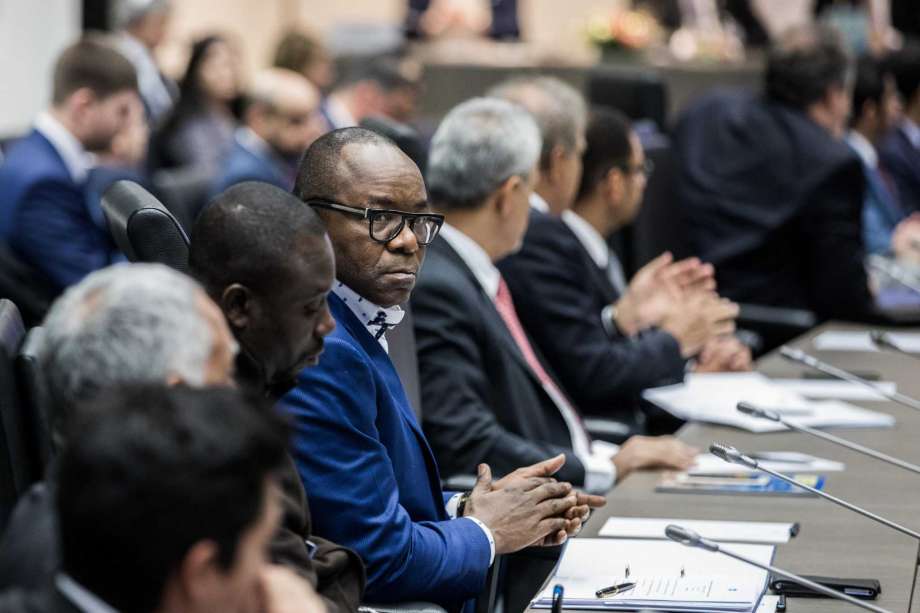Libya, which has been stepping up efforts to boost oil output, is now in a position to help curb a global crude glut with its plan to maintain production at current levels until the end of next year.
While Libya wasn’t subjected to a specific production limit when OPEC met on Nov. 30, it committed to keeping output where it is, about 1 million barrels a day, according to a person familiar with the matter, who asked not to be identified because the information isn’t public. Officials at Libya’s National Oil Corp. in Tripoli couldn’t immediately be reached for comment.

Libya and Nigeria are supposed to restrict their combined production to no more than 2.8 million barrels a day, Iranian Oil Minister Bijan Namdar Zanganeh said after last week’s meeting of the Organization of Petroleum Exporting Countries. Reports in Libya’s local media immediately after the meeting suggested OPEC had not imposed a cap on the North African country’s output. Any increases in production will put pressure on OPEC and its allies in their effort to drain an oversupply and prop up prices.
OPEC crude output drops to six-month low as total production fell 80,000 bpd in November
“The positive thing about the meeting is the commitment of Libya and Nigeria, which had been a matter of concern,” Suhail Al Mazrouei, United Arab Emirates Energy Minister said Wednesday in Abu Dhabi. OPEC last year exempted Libya and Nigeria from the output cuts that took effect in January.
Output in Libya, where oil fields have endured sporadic shutdowns and disruptions due to protests, power blackouts, and security issues, rose to about 1 million barrels a day this year, the highest level in four years. Iran and the United Arab Emirates were among OPEC nations that expressed concern about rising production in Libya and Nigeria.
Security, technical and financial challenges are hindering Libya’s National Oil Corp. in its drive to reach a previously set production target of 1.25 million barrels a day this year, its chairman, Mustafa Sanalla, said in October. Production at Libya’s biggest field, Sharara, is stable at 290,000 barrels a day, another person familiar with the situation said on Tuesday, asking not to be identified because the information isn’t public.








